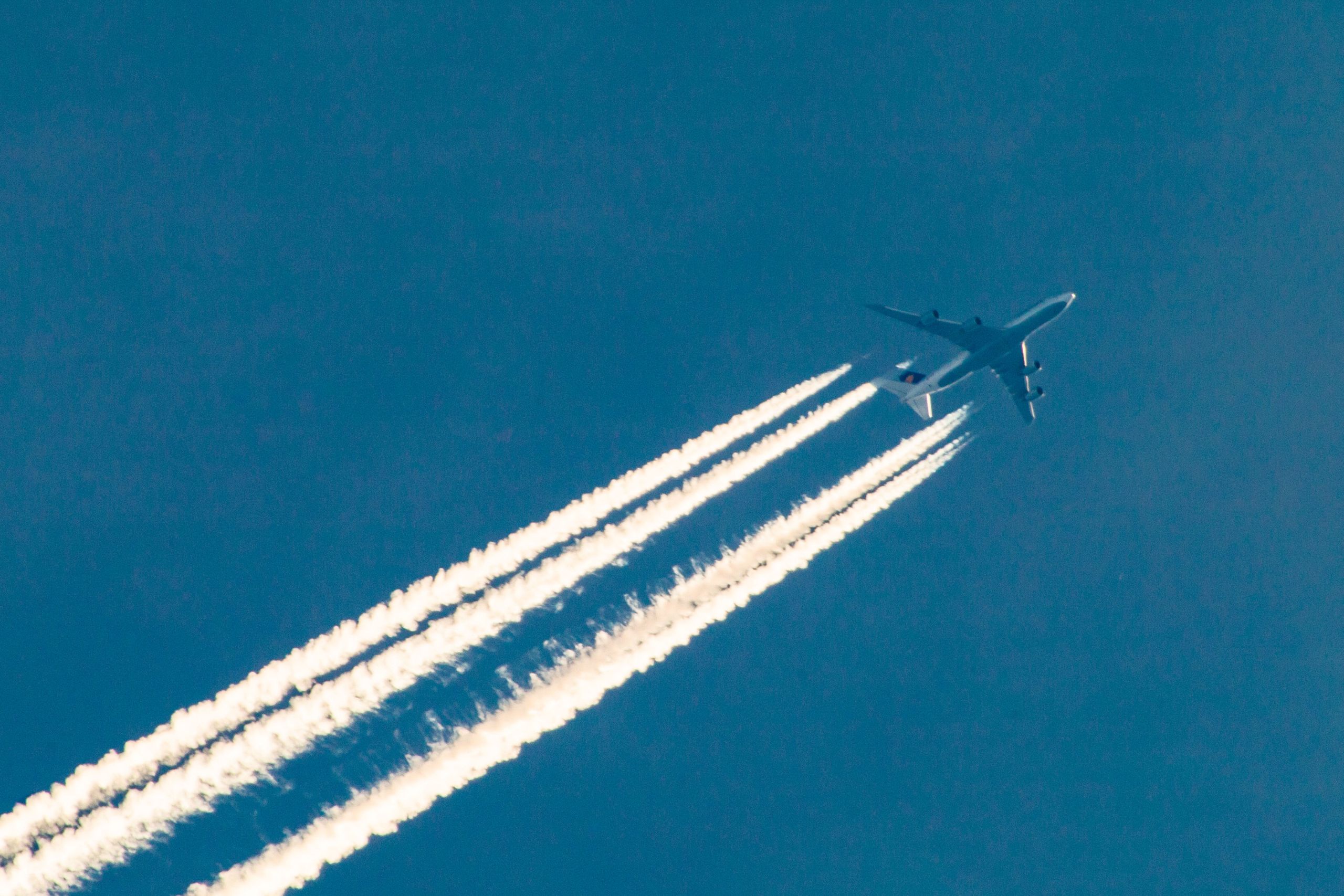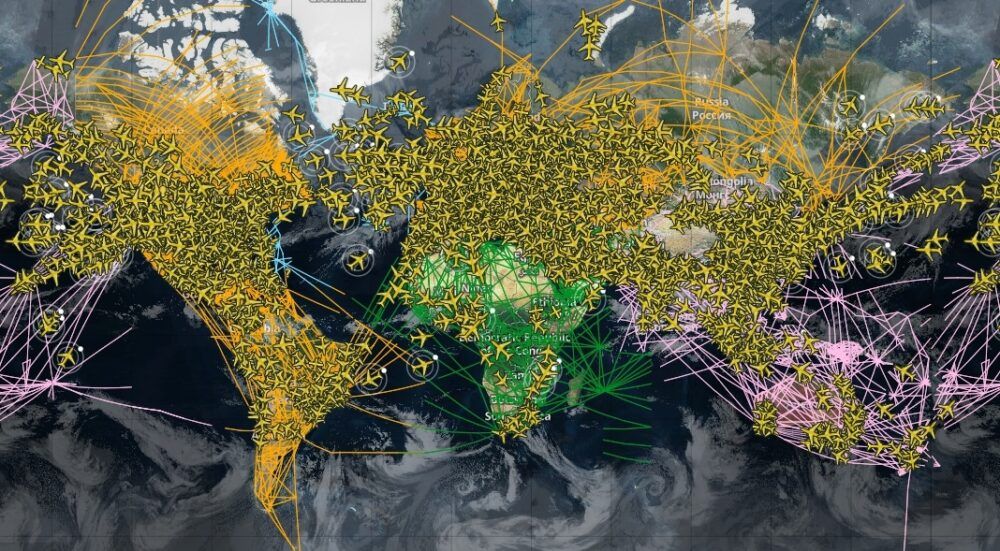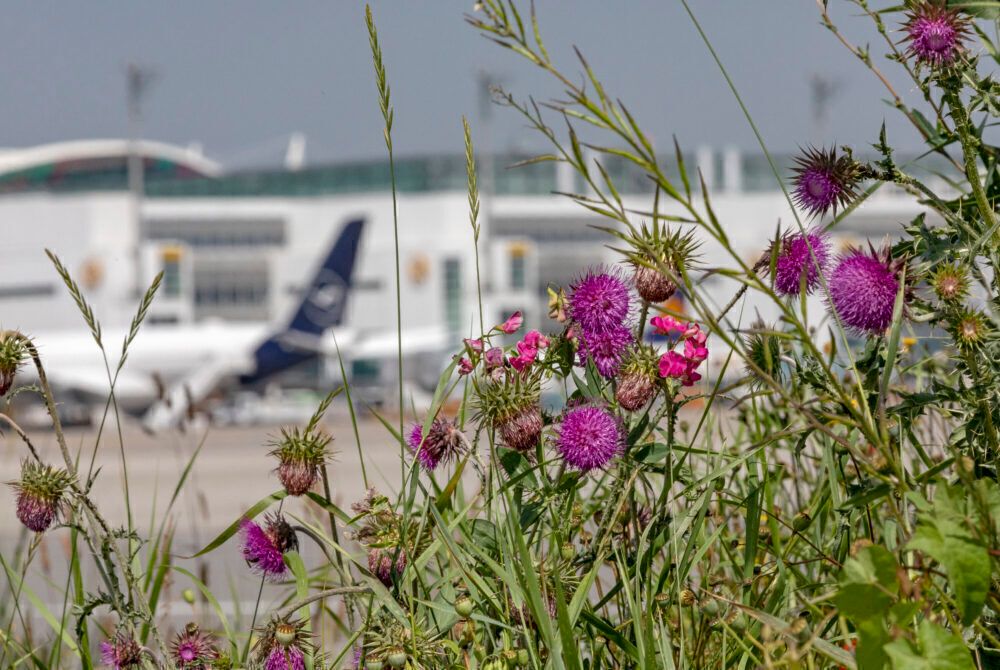Airlines often make a big deal of announcing their climate offset schemes. However, these measures have left critics wondering whether or not they will really make a big enough dent towards neutralizing CO2 emissions. Meanwhile, the UK's Climate Change Committee says that the industry needs to do more than plant trees if it is going to reach its ambitious goals of net-zero in three decades.
During Thursday's environmental audit committee in London, the head of the independent Climate Change Committee, Chris Stark, told MPs that aviation is unlikely to meet its 2050 target of net-zero CO2 emissions. As such, airlines, along with striving to cut emissions directly, will need to rely on other means of offsetting their contribution to global warming.
No free passes to net-zero
However, carbon offsetting projects, meaning secondary investments such as planting trees to 'make up' for emissions, will not be enough, Stark says. Airlines need to invest in alternative technologies. This includes the cultivation of biofuel, but perhaps most importantly, carbon capture and storage.
Stark is adamant that airlines themselves should share the burden of investment into new technologies rather than wait for governments and other actors to develop them further.
“It is something the aviation sector itself should pay for and therefore will increase the cost of aviation if those offsets have to be managed and paid for. These are not free passes for getting to net-zero… We think that aviation should incur these costs directly," Stark said Thursday as reported by the Guardian.
He further added that airlines' commercial interest in negative emissions would grow if the cost of these technologies would decrease.
Emissions to triple in three decades
In 2018, flights were responsible for 2.4% of energy-related carbon dioxide emissions. While this is still much lower than the contributions of the livestock and agricultural industries and fast fashion, as more people and planes take to the skies (despite the COVID-pause), that figure is expected to grow more than threefold by 2050.
It then makes sense that, even if passengers and airlines together regrew the entire area of the Amazon, this would not be enough to offset the emissions caused by jets moving to and fro. Meanwhile, carbon capture aims to keep CO2 out of the atmosphere to begin with.
Carbon capture plants were originally intended to work alongside industries, cleaning emissions up at the source. However, there is significant progress being made on direct air capture technology, which essentially sucks existing CO2 out of the air for sequestration. In December last year, United Airlines announced it would be making a multi-million dollar investment in an atmospheric carbon capture technology company called 1PointFive.
Stay informed: Sign up for our daily and weekly aviation news digests.
Should demand management play a role?
In May this year, atmospheric carbon dioxide measured at the Mauna Loa Atmospheric Baseline Observatory in Hawaii peaked for 2021 at a monthly average of 419 parts per million. This is the highest level since measurements began 63 years ago.
If we are to have any chance of halting climate change, going carbon neutral will, in all probability, not be enough. We also need to reverse some of the damage we have done to the earth's atmosphere. The question is whether or not the technology will mature in time.
Mr Stark told MPs that the reliance on technology and lack of focus on reducing demand for aviation in the government's forthcoming 'jet zero' plan would please the industry but was not enough for the environment.
“But obviously, a big risk is that the technology doesn’t deliver. It is notable that demand management doesn’t get a look in.”
What measures do you see as having the biggest potential impact on emission reduction for aviation? Do you carbon offset your flights? Why or why not? And if you aren't, what would make you change your mind? Leave a comment below and let us know.



